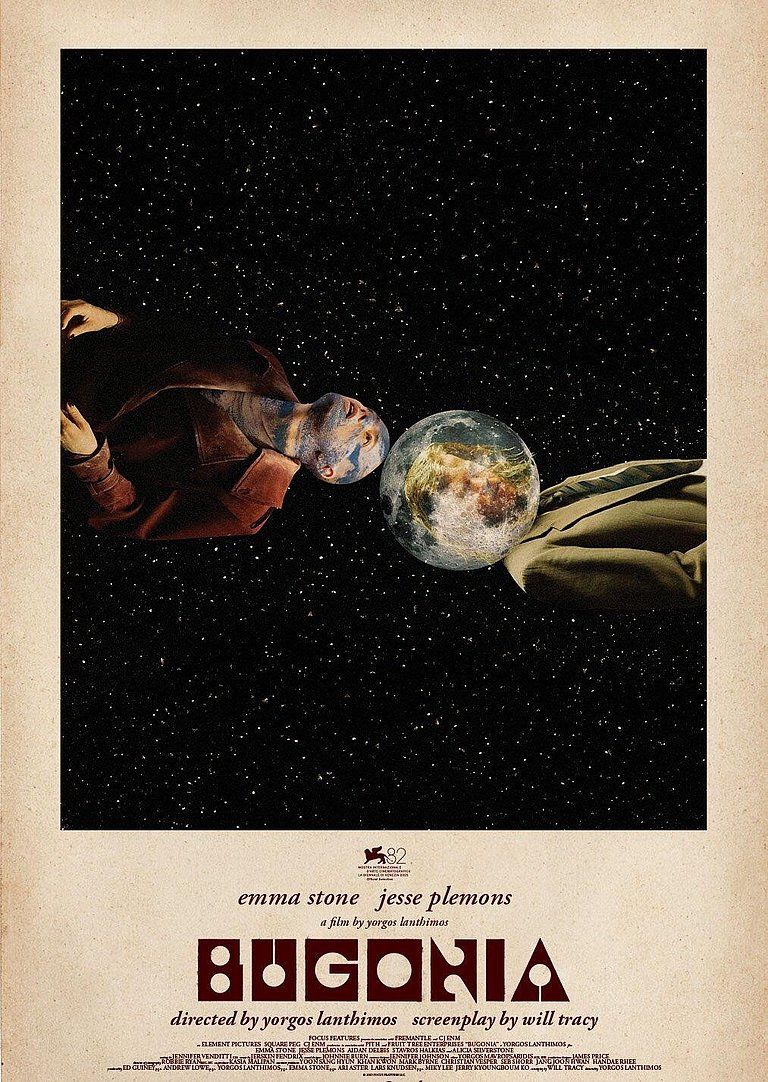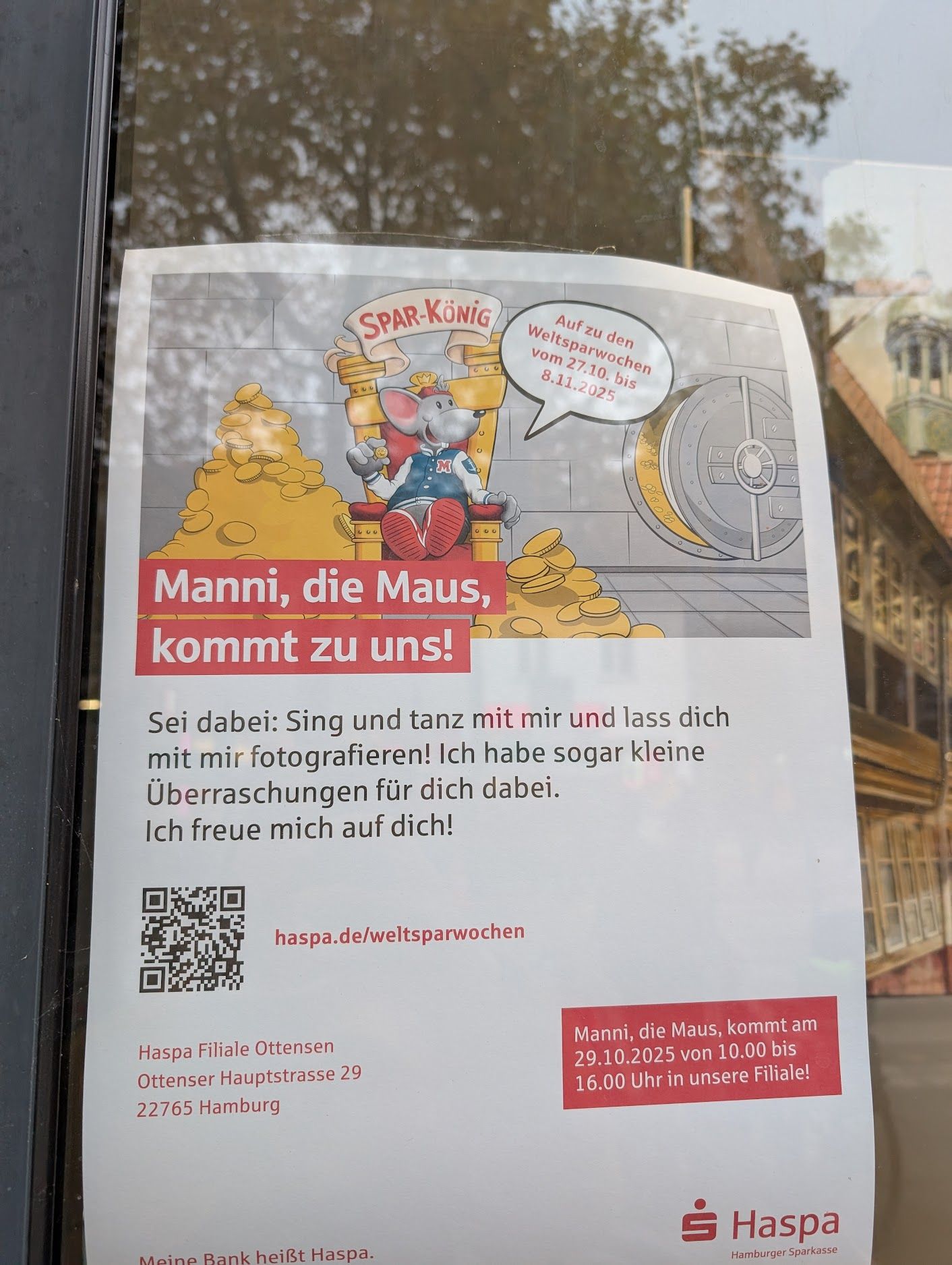That was a strange movie
Oh what a strange strange piece of work.

Oh what a strange strange piece of work.

A powerful metaphor from a long hike:
Every hiker is intimately aware of their backpack. They picked it out, choosing from dozens of options. They know which straps are loose and which are digging into their skin. They can tell you if it’s lopsided, and what is in each pocket.
And yet…
Even after days on the trail, they probably couldn’t tell you a thing about anyone else’s backpack. Except, perhaps, that everyone else has one.
That’s the first step toward empathy: Realizing that everyone else has a backpack, and that it’s different from yours.
The challenge is to structure one’s workflow in a way that insight and new ideas can become the driving forces that push us forward. We do not want to make ourselves dependent on a plan that is threatened by the unexpected, like a new idea, discovery – or insight.
Reading more does not automatically mean having more ideas. Especially in the beginning, it means having fewer ideas to work with, because you know that others have already thought of most of them.
There’s “regular luck” and “earned luck.”
When a stranger dies and leaves you $10,000,000, that’s regular luck. Undeserved, unearned, a bolt out of the blue. Someone is going to win the lottery and it might be you.

The other sort of luck happens after a lot of focus and effort.
This is the third novel that becomes a bestseller, or the hard work that turns into a promotion to VP of sales.
It’s easy to imagine that earned luck is well deserved, because it is. But quite often, earned luck, while earned, doesn’t arrive.
Create a document, several pages long, that explains who you are. What sort of learner are you? Do you have degrees or expertise? What sort of change are you making, who works with you, what are your standards? How do you want to engage?
Periodically, upload the doc to the chat you’re having with an LLM. Let it know you’re offering a reminder of how you want to work together.
One size doesn’t fit all.

Also: Don’t look to AI as a source for verified facts. The phrase, “That can’t be right, please double check and offer sources,” is not going to hurt the AI’s feelings, but it might save your project.
Human beings are used to being productive by decreasing the amount of time and effort we put into something. Computers don’t work that way. Give them instructions on how to take the long way around and you’ll both come out ahead.
